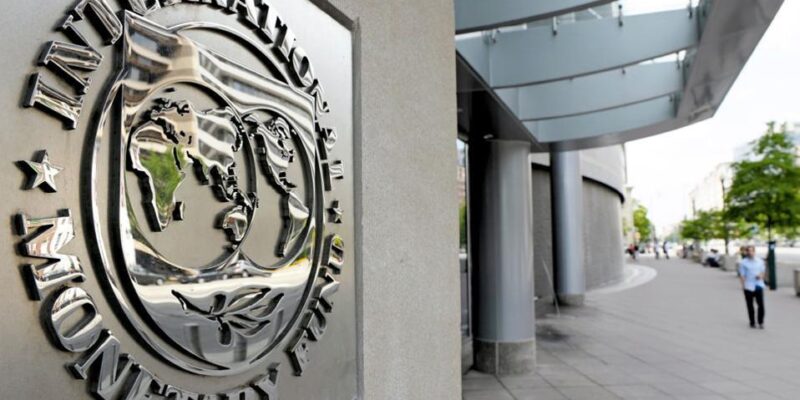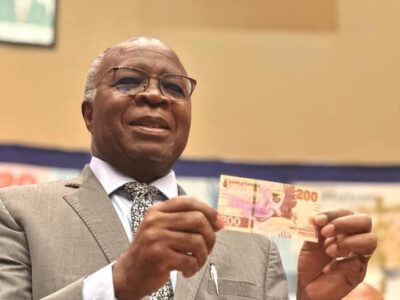The Financial Times has claimed that official lenders, led by the IMF and Beijing, have questioned a deal to restructure nearly US$4 billion worth of Zambia’s debt, in a major setback for attempts by the country to move on from a 2020 default.
According to the publication’s website, the Ministry of Finance said on Friday that multilateral agencies and governments, including its biggest lender, China, had “expressed reservations” about an agreement in principle that the government had reached with private creditors last month.
It did not disclose details, but said the reservations had been aired in recent days.
According to Financial Times, the Ministry of Finance added that Zambia would “continue to discuss” a deal with its creditors.
The disclosure comes after analysts pointed out that the deal struck last month meant private creditors could receive sizeable amounts of cash in the first years after a restructuring.
President Hakainde Hichilema’s government needs creditor deals in order to exit a payment default dating back to the end of 2020.
Read more: IMF, World Bank get knocks for allegedly imposing harsh economic conditions on Zambia
Without a deal, the IMF could need to reassess a $1.3 billion bailout agreed last year.
Zambia’s woes have highlighted the flaws in a “common framework” for sovereign debt workouts, agreed by G20 countries during the early stages of the global Covid-19 pandemic.
The lack of consensus among an ever more complex cast of creditors also underlines the co-ordination difficulties in resolving emerging-market debt crises.
After China and other bilateral creditors finally agreed to relief on their $6.3 billion debts this year, the holders of $3 billion in US dollar bonds reached an agreement in October to extend maturities and reduce the face value of claims that grew during the default.
The bondholder committee agreed to directly forgo $700 million of postdated interest as part of the deal, unlike official creditors, which have preferred to avoid write downs in favour of reducing the cash flow or economic value of their loans.
Bondholders and official creditors both agreed to restructure Zambia’s debts on the condition that the IMF would revisit the health of its economy in a few years.
Should the economy recover sufficiently, repayments would then increase.
However, a $2 billion restructured bond that was not part of this potential uplift would receive $500 million of payments in 2024 and 2025 regardless of whether Zambia met the later targets.
It still had a relatively high coupon compared with official debt.
The overall cut to cash flows in the bondholder deal, which still needs approval later this year, had not been disclosed by Zambia.
Official creditors agreed to a roughly 40 per cent reduction.
Debt Justice, a UK charity, and Zambian civil society groups said on Friday that they estimated the bondholders would take an economic hit of about one-third, if the uplift is not triggered, and based on a 5 per cent discount rate to take account of inflation.
Analysts have said the plans for bondholders to recoup cash earlier than the official sector could increase tensions, should official creditors judge that it was being made possible by the money they have given up and the IMF’s bailout loans.
A steering committee for bondholders declined to comment.
The IMF said: “We welcome the good faith efforts on all sides and the authorities’ commitment to reaching agreements consistent with programme parameters.
“Further discussions and modifications are needed to bring this initial proposal more fully into line with the requirements of the programme.”
WARNING! All rights reserved. This material, and other digital content on this website, may not be reproduced, published, broadcast, rewritten or redistributed in whole or in part without prior express permission from ZAMBIA MONITOR.












Comments